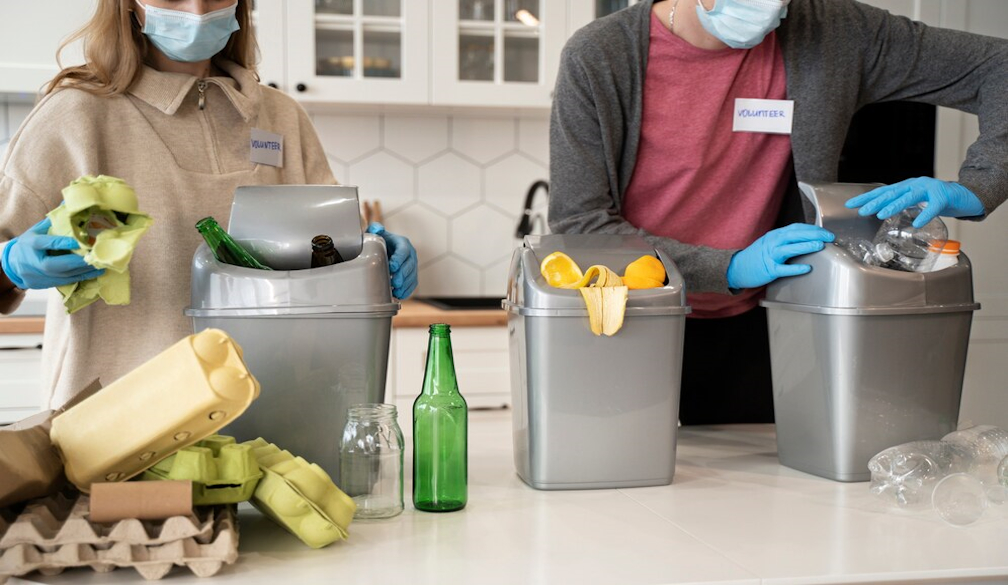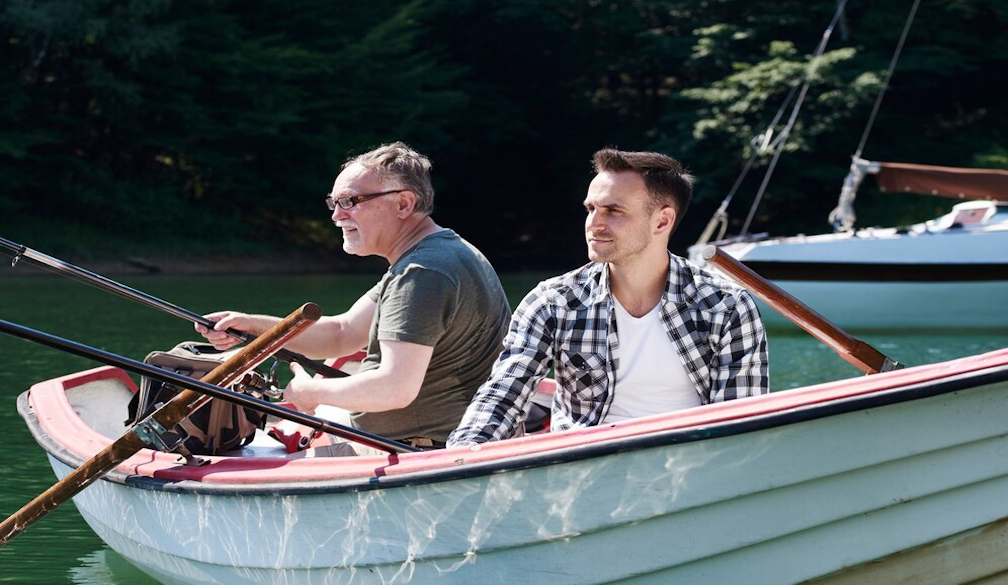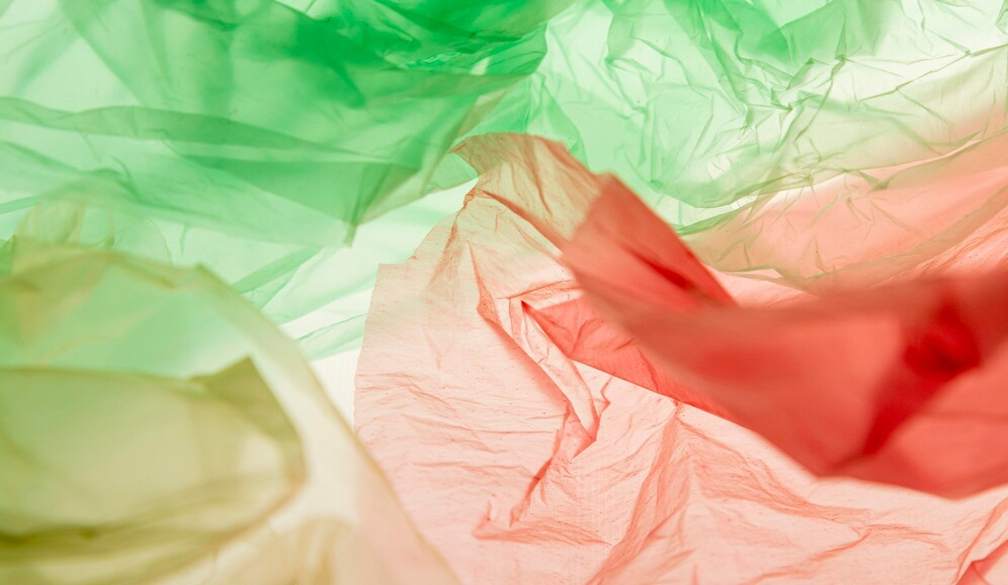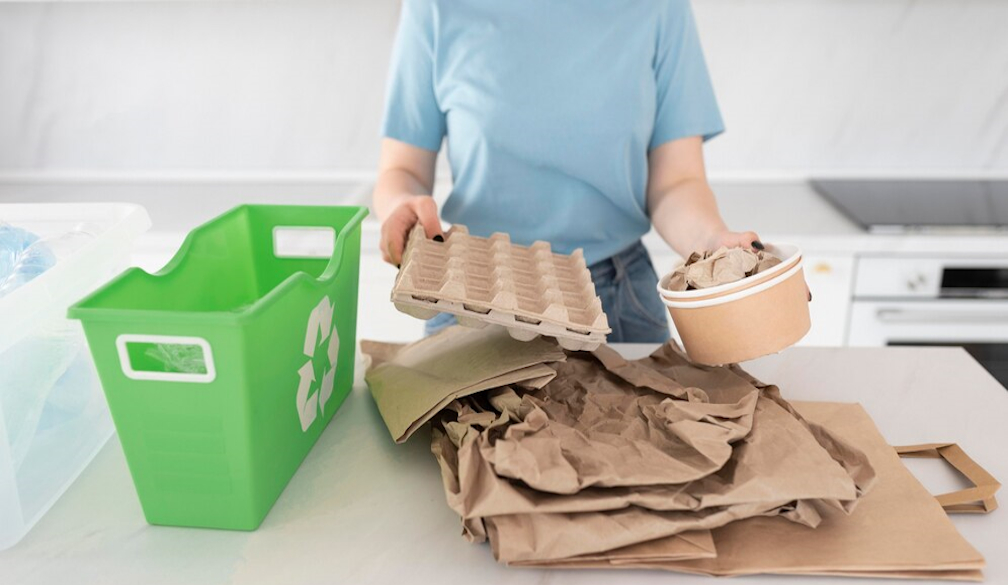End of an era pandemic side-effect sparks consumerism crash
- Written by Marcus Middleton

It appears that one of the most significant cultural hangovers of the twentieth century has finally come crashing down during the COVID-19 pandemic with Australians now placing less of a priority on “Keeping up with the Joneses” – making more time to put family first.
A national review by Mainstreet Insights indicates the days of consumerism could be numbered, with an overwhelming majority (63%) of Australians saying the past twelve months have seen them actively decide to spend less of their disposable income on appearances, investing instead on spending time with their families, loved ones or special experiences.
The research also found the pandemic has given Australians pause to think about the financial choices we’ve made across our lives with younger generations (Gen Z – 20%) more likely to feel ‘buyer’s remorse’ over items compared to their parents and grandparents (Gen X – 14%, Baby Boomers 7%).
Mainstreet Co-Founder Dr Lindsay McMillian said the opinion that our consumer-culture is fading is also confirmed by another surprise finding showing after decades of culture impressing upon us the importance of climbing the corporate ladder, more than three-quarters (77%) now say we’d be happy to earn less if it meant spending more time with loved ones or doing something we enjoy.
“There’s no doubt that the pandemic has given everybody a new perspective on how to live life. It’s created a new 2020 vision reminding us ‘home is where the heart is’,” Dr McMillian said.
However, for many the decision to stop ‘flashing the cash’ is not necessarily by choice with the research also exposing just how financially stunted many households are. More than half of Australians (53%) have less than $5,000 in their savings account, while another two-fifths (22%) report having less than $100 in the bank.
"This research highlights just how precarious household finances are, with just one in three Australians having enough money to support their family for a week if their income stops, it shows just how lifesaving COVID emergency payments continue to be." Dr McMillian said.
Mainstreet Insights Co-Founder Mark McCrindle says the statistics side-by-side is one of the strangest contradictions he has witnessed across his career as one of Australia’s leading social researchers.
"More than three in four Australians are willing to trade earnings for time which highlights how Covid has reset the national psyche from chasing accumulations to reprioritising life. It’s all the more remarkable that this is occurring amidst economic uncertainty,” Mr McCrindle said.
In addition, the research also examined our attitudes towards cash in a world where we have been steered towards ‘tap and go’ technology, finding the majority of us (67%) still prefer to keep the pineapples, lobsters and ‘Queen Lizzies’ on hand for emergencies.
"Cash may no longer be king, but it is still something we like to carry, just in case. Indeed, just over half of the tech-savvy Generation Z (54%) still carry cash proving its universal appeal. Cash while declining in use, will survive this pandemic, but it is now more for backup than everyday use,” Mr McCrindle said.
For the full report or to find out more, visit https://mainstreetinsights.com.au/



















